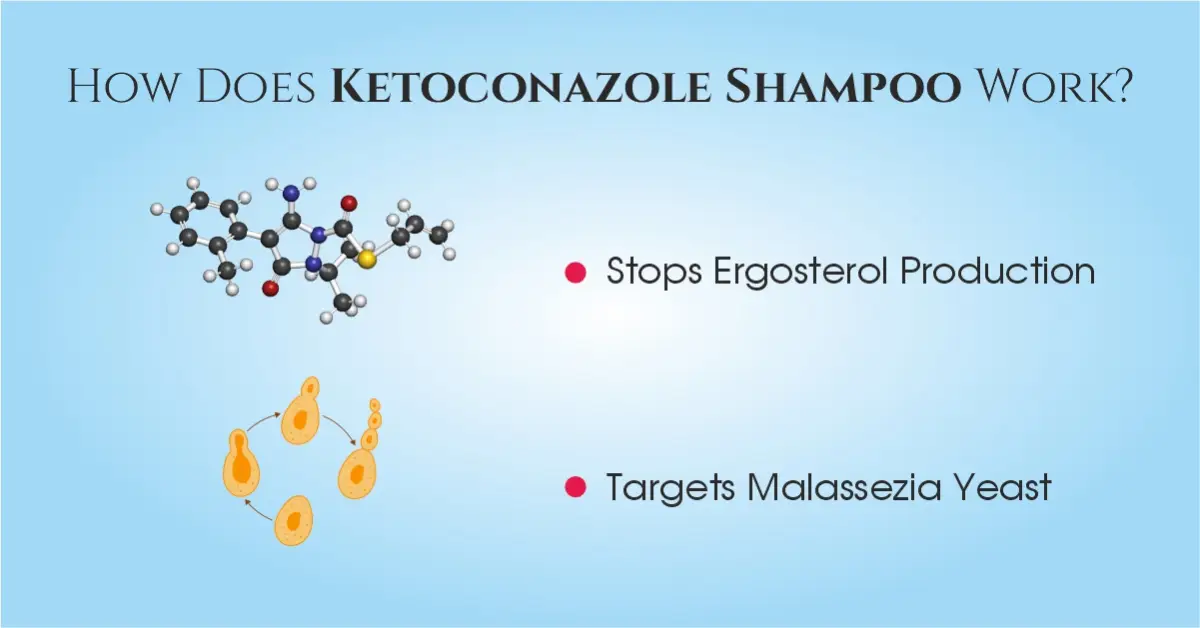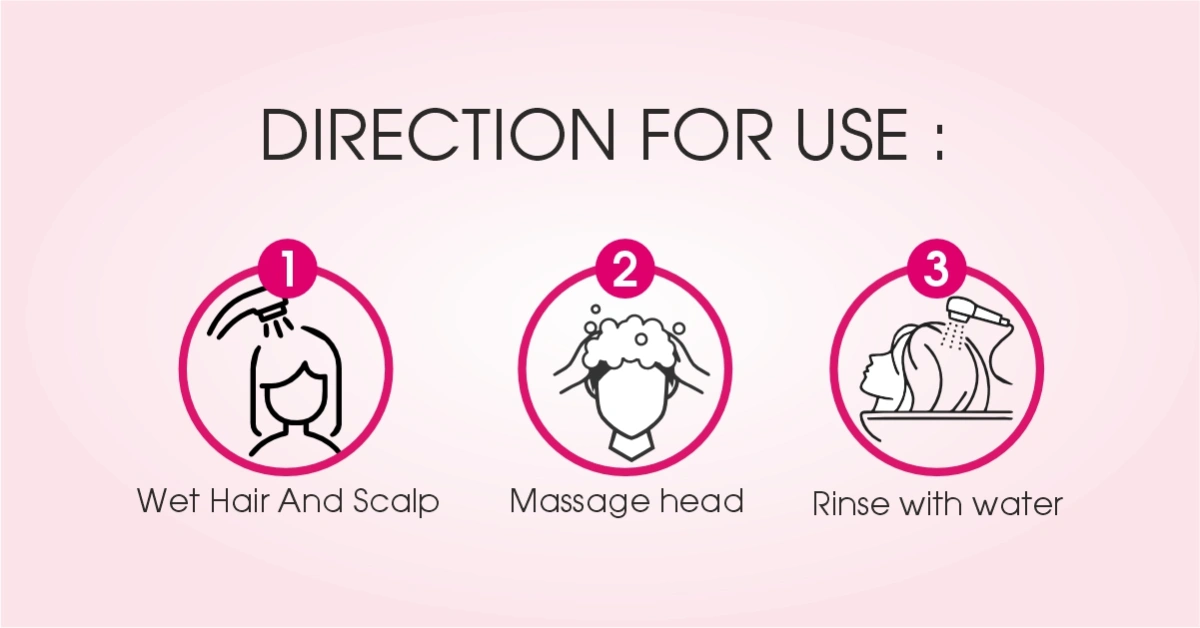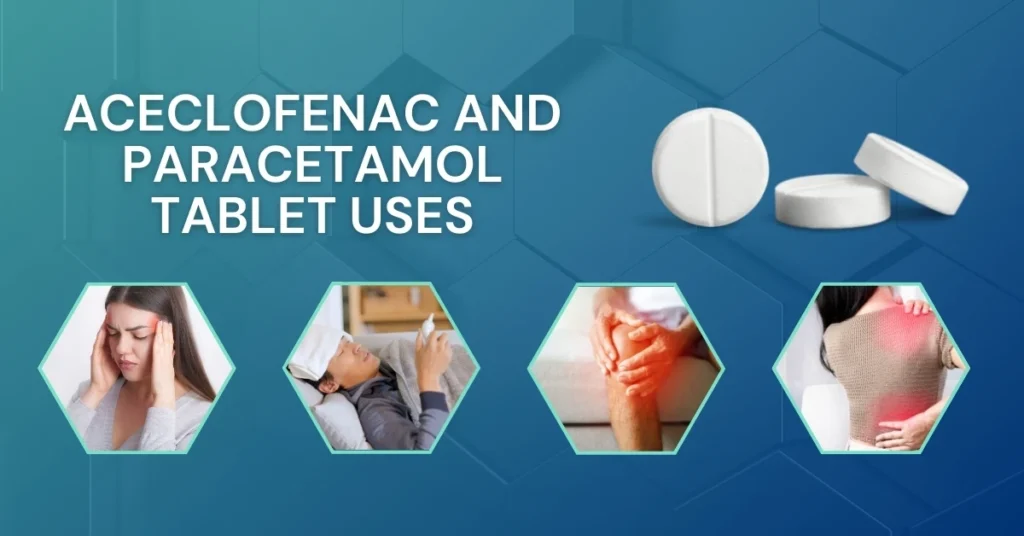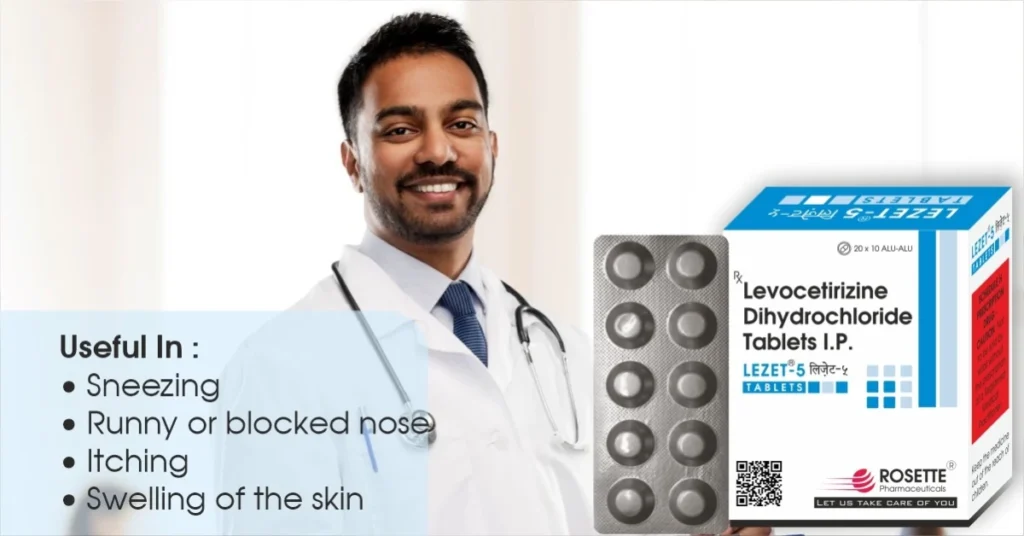Ketoconazole shampoo is a medicated antifungal cleanser designed to target stubborn scalp problems at their root. It works by controlling the growth of fungi that cause dandruff, seborrheic dermatitis, and other fungal scalp infections, helping to relieve itching, flaking, and irritation. Dermatologists often recommend it when regular anti-dandruff shampoos fail to provide lasting results.
In India, it is widely available in both 1% and 2% strengths under various trusted brands, including Rosette Pharma’s formulation, along with well-known names like Ketomac, Nizoral, and Scalpe Plus. Whether used for a short course or as part of a maintenance routine, ketoconazole shampoo offers an effective, targeted solution for restoring scalp health and keeping it flake-free.
What is Ketoconazole Shampoo?
Ketoconazole shampoo is a specially formulated antifungal shampoo used to treat scalp conditions caused by fungal overgrowth. Its main active ingredient, ketoconazole, belongs to the imidazole group of antifungal medicines and is well known for its ability to stop the growth of fungi that trigger dandruff, seborrheic dermatitis, and related scalp issues.
This medicated shampoo is available in two common strengths — 1% for mild, recurring scalp problems and 2% for more persistent or severe infections, usually prescribed by a dermatologist. Unlike regular cosmetic shampoos, ketoconazole shampoo is designed to target the root cause of flaking and itching, making it an effective medicated shampoo for dandruff and other fungal scalp concerns.
How Does Ketoconazole Shampoo Work?

Key Mechanism:
- Stops Ergosterol Production → Ergosterol is like a protective shield for fungal cells. Without it, the cell wall becomes weak and breaks down.
- Targets Malassezia Yeast → This yeast is the main culprit behind dandruff and seborrheic dermatitis.
Step-by-Step Action:
- Application – Shampoo is applied to the scalp and left for a few minutes.
- Penetration – Active ingredient seeps into the scalp’s outer layers.
- Disruption – Ketoconazole blocks the fungus’s ability to make ergosterol.
- Elimination – Fungal cells die off, reducing flaking and itching.
Think of it like removing the bricks from a wall — without them, the structure collapses. Ketoconazole takes away the “bricks” (ergosterol) that fungi need to survive.
Medical Uses of Ketoconazole Shampoo
| Condition | How It Helps | Notes & Precautions |
|---|---|---|
| Dandruff & Seborrheic Dermatitis | Controls Malassezia yeast overgrowth, reduces flaking, itching, and scalp redness | Most common and approved use; often improves symptoms within 2–4 weeks |
| Fungal Scalp Infections (Tinea Capitis) | Kills fungi responsible for ringworm of the scalp | Usually combined with oral antifungals for complete treatment |
| Pityriasis Versicolor (off-label) | Clears discolored patches caused by yeast on the skin | Should be used under guidance; often applied to affected skin beyond scalp |
| Fungal Acne (off-label, dermatologist-supervised) | Reduces yeast that triggers stubborn, itchy acne-like bumps | Applied as a short-contact wash; requires professional direction |
- Tip: While ketoconazole shampoo for dandruff and seborrheic dermatitis shampoo use is common and often safe, off-label treatments like fungal acne or pityriasis versicolor should only be done after a dermatologist’s recommendation.
How to Use Ketoconazole Shampoo (Step-by-Step)

Follow these steps for best results:
- Wet Your Hair & Scalp – Make sure your hair and scalp are completely soaked with lukewarm water. This helps the shampoo spread evenly.
- Apply a Small Amount & Lather – Take about a teaspoon of shampoo (more if hair is long) and gently massage it into the scalp until it foams. Focus on the roots and affected areas.
- Leave for 3–5 Minutes – Allow the shampoo to sit on your scalp so the ketoconazole can work effectively against the fungus.
- Rinse Thoroughly – Wash out all the shampoo, ensuring no residue remains.
Recommended Frequency:
- General use: 2–3 times per week
- Course duration: 2–4 weeks or as advised by your dermatologist
- Can I use it daily? Not usually recommended, as overuse can cause dryness and irritation.
Safety Tips:
- Avoid contact with eyes; rinse immediately if it happens.
- Stop use if severe itching, burning, or redness occurs.
- Store away from direct sunlight and keep out of children’s reach.
Side Effects & Precautions
Common Side Effects (usually mild and temporary)
- Dryness or roughness of hair
- Mild scalp itching or tingling
- Slight irritation or redness in the treated area
Rare Side Effects (consult a doctor if they occur)
- Noticeable change in hair texture
- Temporary hair thinning or hair loss
- Severe burning sensation or rashFAQs
Safety in Pregnancy & Breastfeeding
- According to the National Health Service (NHS), topical ketoconazole shampoo is considered safe for most people when used as instructed.
- Avoid excessive use, especially in the first trimester of pregnancy.
- For breastfeeding mothers, ensure the shampoo does not come in contact with the baby’s skin or mouth.
Who Should Avoid Using It
| Condition | Reason |
|---|---|
| Severe scalp wounds or open sores | May cause irritation or burning |
| Known allergy to ketoconazole or other imidazole antifungals | Risk of allergic reaction |
| Unexplained persistent hair loss | Requires medical evaluation before use |
If you’re using a 2% medicated option like Rosette Pharma’s ketoconazole shampoo, follow your dermatologist’s frequency advice for best results.
If you’re using a 2% medicated option like Rosette Pharma’s ketoconazole shampoo, follow your dermatologist’s frequency advice for best results.
Ketoconazole Shampoo vs Other Dandruff Treatments
When choosing the best antifungal shampoo, it helps to understand how ketoconazole compares with other popular active ingredients. Here’s a quick side-by-side view:
| Ingredient / Shampoo Type | How It Works | Pros | Cons |
|---|---|---|---|
| Ketoconazole (e.g., Nizoral, Ketomac) | Antifungal; targets Malassezia yeast | Highly effective for fungal dandruff & seborrheic dermatitis; often shows results in 2–4 weeks | May cause dryness with overuse; stronger formulas may need a prescription |
| Selenium Sulfide | Slows skin cell turnover, reduces fungal growth | Works well for severe flaking; good for oily scalps | Can leave an odor or discolor light hair/fabric |
| Zinc Pyrithione | Antifungal + antibacterial | Gentle for regular use; helps control mild dandruff | Less effective for persistent fungal infections |
| Coal Tar | Slows skin cell turnover | Useful for scalp psoriasis & stubborn dandruff | Strong smell; can stain light fabrics and increase sun sensitivity |
- Tip: For stubborn dandruff, dermatologists often recommend ketoconazole vs Nizoral-type shampoos first, then alternate with a milder zinc pyrithione formula to maintain scalp health without over-drying.
FAQs
What is ketoconazole shampoo used for?
Ketoconazole shampoo is mainly used to treat dandruff, seborrheic dermatitis, and certain fungal scalp infections. It works by controlling the growth of fungi, reducing flaking, itching, and redness.
Does it help with scalp itching?
Yes. By reducing the fungus that irritates the scalp, ketoconazole shampoo often relieves itching within a few washes.
Is ketoconazole shampoo good for hair loss?
In some cases, especially when hair loss is linked to scalp inflammation or fungal issues, ketoconazole shampoo may help improve scalp health and reduce shedding. However, it’s not a primary hair growth treatment.
Is ketoconazole shampoo good for growing hair?
It is not designed as a hair growth product, but by keeping the scalp healthy and reducing inflammation, it may create better conditions for hair to grow normally.
How long does it take to work?
Most people notice improvement in dandruff and itching within 2–4 weeks of regular use, but results can vary depending on the condition’s severity.
What happens if I use ketoconazole shampoo daily?
Daily use is generally not recommended unless advised by a doctor, as it may cause dryness, irritation, or changes in hair texture.
Can I use conditioner after ketoconazole shampoo?
Yes, you can. Apply the conditioner mainly to the hair lengths and ends, avoiding the scalp, to prevent interfering with the shampoo’s antifungal effect.
Is it safe during pregnancy?
Topical ketoconazole shampoo is generally considered safe during pregnancy when used occasionally and as directed by a healthcare professional. Pregnant women should always consult their doctor before starting treatment.



